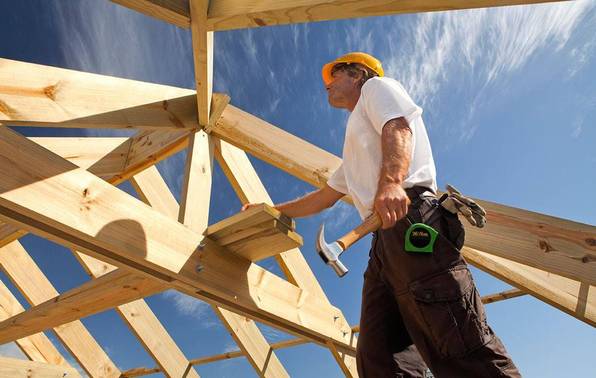
Resource Management Act
Find out when you might need resource consent in relation to building work. Why you need to have one and how to apply for one.
Find out when you might need resource consent in relation to building work. Why you need to have one and how to apply for one.
Introducing the Act
In the past, we have not taken the best care of our environment and this has caused damage to our forests, soil, air and waterways. This is one of the reasons the Resource Management Act 1991 (RMA) was introduced. The purpose of the Act is to promote the management of our environment in a way that meets the current and future needs of our communities while also looking after our environment.
Under the Act, regional, city or district councils have to prepare regional, city or district plans showing how they will manage the environment in their area. By looking at these plans you will be able to find out if you need to get a resource consent for your proposed activity.
Applying for resource consent
If you want to do something that is not allowed under the RMA or is regulated by a plan, you have to apply for resource consent. City or district councils are responsible for managing activities on the land, for example, building and earthworks, and regional councils are responsible for activities impacting on air or water, such as earthworks in or near a stream.
If you do need to apply for resource consent, you must provide an assessment of the potential environmental effects (AEE) of your project. Your council will be able to advise you what you need to include in your application and how much detail you need to provide in your AEE.
To find out if you need resource consent, ask your council first. Your architect or designer should be aware if you need a resource consent when doing the plans, for example, if the house has to be sited closer to the boundary than the city or district plan allows.
Public notification
The vast majority of resource consent applications are non–notified meaning that they do not need to go through a process involving public submissions. A small number are opened up to scrutiny of nearby neighbours (called limited notified), or to the general public (publicly notified), when the council considers the environmental impact of a proposed building work will be more than minor.
In some cases you may need to consult with your neighbours and get their agreement to your plans before the application can be non-notified. For example, if your house is going to be too close to their boundary.
From the time you supply the council with the necessary information, it takes about one month to process a non-notified application and about three and a half months for publicly notified applications. The time frame also depends on whether the council holds a hearing on your application so that people may present their views to the council in person. If a hearing is not necessary, it takes about two and a half months to process. Where there is a hearing, you can appear before the council to present your application in person.
Appealing the decision
If the council declines your application for resource consent or imposes conditions that you are not happy with, you can reassess your plans - for example, move the house back from the boundary - or abandon your idea. Or you can apply to the Environment Court to overturn or amend the council’s decision.
The Court is made up of judges and commissioners who consider the application. You should always get legal advice before you file an appeal and be aware that the process can be expensive and time-consuming. Try to sort out the case by mediation before taking it to the Court.
Building without getting resource consent
You can be prosecuted under the RMA if you do work without first getting any required resource consents. This might be in error if, for example, the district and regional plans were checked by yourself or your architect but something was overlooked. The only way you can make sure is to ask council staff – most councils offer free advice over the phone but keep a written record of anything they tell you for future reference.

Building articles
Whether you're planning to build your own home or renovate an existing one, we've got you covered with a wide range of articles covering the whole process.

Renovating articles
Renovating and altering houses is a favourite pastime for many New Zealanders. Our articles take a look at what's involved when you undertake a renovation project.

Home maintenance
Regular maintenance is needed to ensure your house holds its value and remains safe and comfortable to live in.
Member comments
Get access to comment